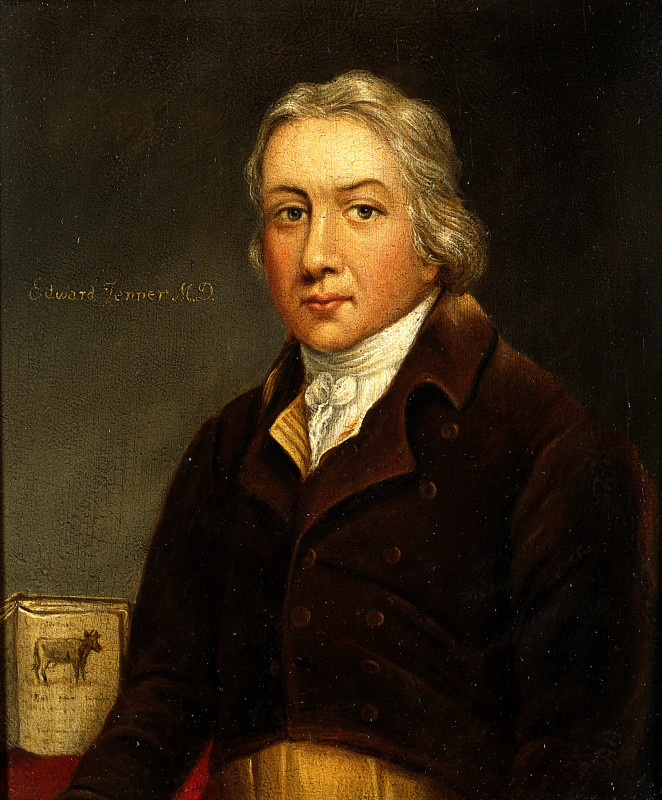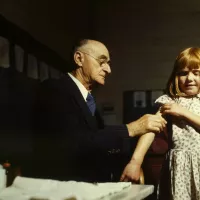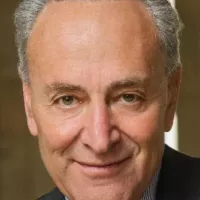Discover the career path of Gerry Spence, from the first major opportunity to industry-changing achievements.
Gerry Spence was a renowned American trial lawyer and author, inducted into the Trial Lawyer Hall of Fame. Notably, he founded the Trial Lawyers College. Spence maintained an impressive record, never losing a criminal jury trial, whether prosecuting or defending, and remained undefeated in civil cases from 1969 to 2010. He is widely regarded as one of the 20th century's most accomplished lawyers and one of the best trial lawyers ever, celebrated by legal experts like Richard Falk as a "lawyer par excellence."
1949: Graduated from the University of Wyoming
In 1949, Gerry Spence graduated from the University of Wyoming.
1952: Graduated from the University of Wyoming College of Law
In 1952, Gerry Spence graduated first in his class from the University of Wyoming College of Law.
1954: Start as prosecuting attorney
In 1954, Gerry Spence began serving as the prosecuting attorney of Fremont County, Wyoming.
1962: End as prosecuting attorney
In 1962, Gerry Spence finished his service as the prosecuting attorney of Fremont County, Wyoming.
1969: Start of not losing a civil case
After 1969, Gerry Spence did not lose a civil case.
1969: Beginning of Civil Case Winning Streak
In 1969, Gerry Spence began a winning streak in civil cases that would last until 2010.
1980: Dealt with around 50 murder cases
By 1980, Gerry Spence had dealt with around 50 murder cases, not losing a single one of them.
1981: Won libel damages for Kim Pring against Penthouse
In 1981, Gerry Spence won a $26.5 million lawsuit in libel damages for 1978 Miss Wyoming, Kim Pring, against Penthouse.
1984: Won lawsuit against McDonald's
In 1984, Gerry Spence won a $52 million lawsuit against McDonald's.
1984: Supreme Court upheld the family's right to seek punitive damages in Silkwood case
In 1984, the Supreme Court of the United States upheld the Silkwood family's right to seek punitive damages under state law.
December 1985: Manslaughter case lost in bench trial
In December 1985, Gerry Spence lost a manslaughter case in a bench trial in Newport, Oregon, but later prevailed on appeal.
1986: Defended Lee Harvey Oswald in Mock Trial
In 1986, Gerry Spence defended Lee Harvey Oswald in absentia in a televised mock trial against Vincent Bugliosi.
1990: Defended David Foreman
In 1990, Gerry Spence defended Earth First! founder David Foreman, who had been charged with conspiracy.
1992: Earned $33.5 million verdict
In 1992, Gerry Spence earned $33.5 million verdicts for emotional and punitive damages for his quadriplegic client after a major insurance company refused to pay on the $50,000 policy.
1992: Successfully defended Randy Weaver
In 1992, Gerry Spence successfully defended Randy Weaver on murder, assault, conspiracy, and gun charges in the Ruby Ridge Standoff.
2004: Opposed Constitutional Amendment D
During the election season of 2004, Gerry Spence opposed Constitutional Amendment D in Wyoming, which would have limited citizens' ability to recover compensation for medical malpractice.
June 2, 2008: Acquittal of Geoffrey Fieger
On June 2, 2008, Gerry Spence obtained an acquittal for Detroit lawyer Geoffrey Fieger, who was charged with making unlawful campaign contributions.
2008: Spence announced possible retirement
In 2008, after winning the Fieger acquittal, Gerry Spence indicated this would be his last case before turning 80.
2010: Still Active in Spence Law Firm
In 2010, Gerry Spence was still listed as an active partner in the Spence Law Firm, located in Jackson, Wyoming, and continued to make public appearances.
2010: End of Civil Case Winning Streak
In 2010, Gerry Spence's winning streak in civil cases, which began in 1969, came to an end.
December 2012: Mistrial in Civil Suit
In December 2012, Gerry Spence's civil suit for wrongful incarceration ended with a mistrial.
October 2013: Settlement in Wrongful Incarceration Suit
In October 2013, the AP reported that the wrongful incarceration suit was settled between the two parties four days before a retrial was scheduled to start.
Mentioned in this timeline
McDonald's is an American multinational fast food chain As of...
The United States of America is a federal republic located...
California is a U S state on the Pacific Coast...

A car also known as an automobile is a wheeled...

Books are a means of storing information as text or...

Detroit Michigan's most populous city sits on the Detroit River...
Trending

Aidan O'Connell is a professional American football quarterback currently playing for the Las Vegas Raiders in the NFL He was...

43 minutes ago Jeremy Renner faces accusations of ICE threat and misconduct controversy in Hollywood.

5 months ago Kennedy Appoints New Vaccine Advisors Amidst Debate on Public Trust and Vaccine Safety

4 months ago Vaccine Coverage Uncertainty, Childhood Vaccination Plunge, and Measles Decline in Kentucky

1 month ago Vaccines Linked to Lower Dementia Risk: Flu Shot and Other Protective Measures

5 months ago Bradley Beal Trade Rumors: Warriors Eyeing Suns Superstar for a Big 3?
Popular

Nancy Pelosi is a prominent American politician notably serving as...

Zohran Kwame Mamdani is an American politician currently serving as...

William Franklin Graham III commonly known as Franklin Graham is...

Chuck Schumer is the senior United States Senator from New...
Abigail Spanberger is an American politician who served as the...

Gavin Newsom is an American politician and businessman currently serving...